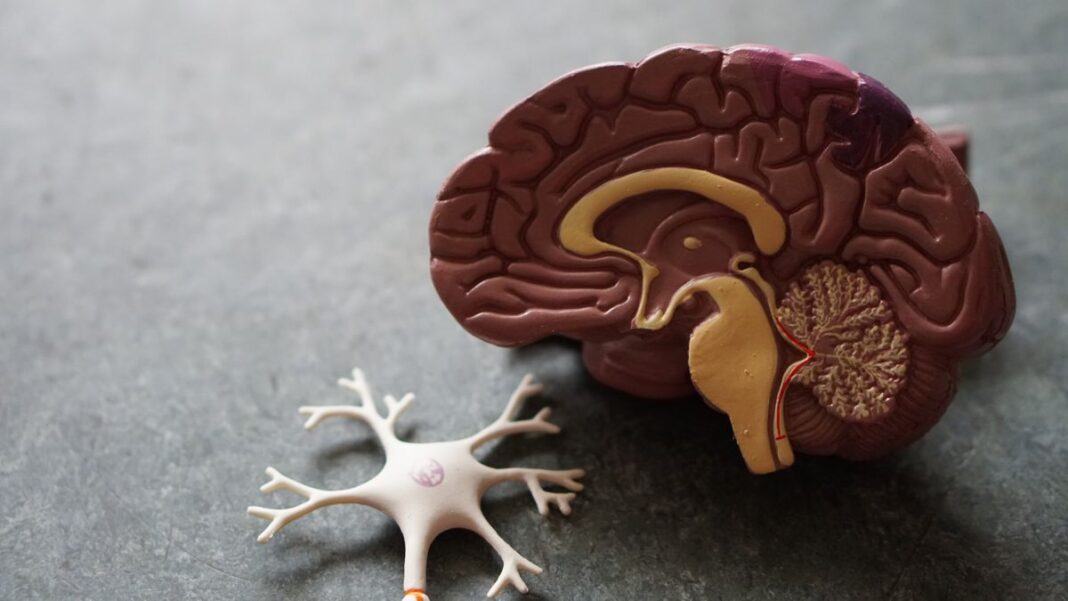No previous study of COVID-19 cases has achieved such effective concurrent control
In this article, we examine the longest and largest study on COVID-19 neurological sequelae and the fundamental cause of COVID-19 injury to our nervous system. Targeting the root cause, we may potentially reverse the situation and potentially live longer.
The medical journal Lancet Psychiatry recently published a large-scale study of the neuropsychiatric sequelae of the COVID-19 infection.
A sequelae is a pathological condition resulting from a disease, or a secondary consequence or result of that disease.
This study is an analysis of retrospective cohort studies by seven scientists from Cambridge University and Oxford University in the United Kingdom, led by professor Paul Harrison, a psychiatrist at Oxford University.
The studies spanned four continents (with data collected from the United States, Australia, the UK, Spain, Bulgaria, India, Malaysia, and Taiwan) and 62 medical institutions. The studies were conducted over a period of two years and three months, from January 2020 to April 2022.
From the electronic medical records of approximately 89 million patients, the researchers identified more than 1.28 million cases of COVID-19 infection and matched them to a cohort of non-COVID patients who were suffering from other respiratory infections. That is, they matched exactly to the experimental group in terms of age, gender, occupation, risk factors for diseases, and vaccination status, during the same time period. There were more than 1.2 million patients each in the experimental and control groups.
No previous study of COVID-19 cases has achieved such a large and well-matched concurrent control group.
The analysis evaluated two-year time-varying hazard ratios for 14 neurological and psychiatric sequelae of COVID-19 infection. These disorders included:
- Brain fog, dementia, Parkinson’s disease, and insomnia
- Anxiety disorders, mood disorders, and psychosis
- Epilepsy, encephalitis, intracranial hemorrhage, and ischemic stroke
- Guillain-Barré syndrome, neurological root and plexus disorders, and neuromuscular joint and muscle disorders
Of the 1,284,437 patients with the COVID-19 infection, their mean age was 42.5 years, ranging from children to the elderly.
By Dr. Yuhong Dong and Mercura Wang








